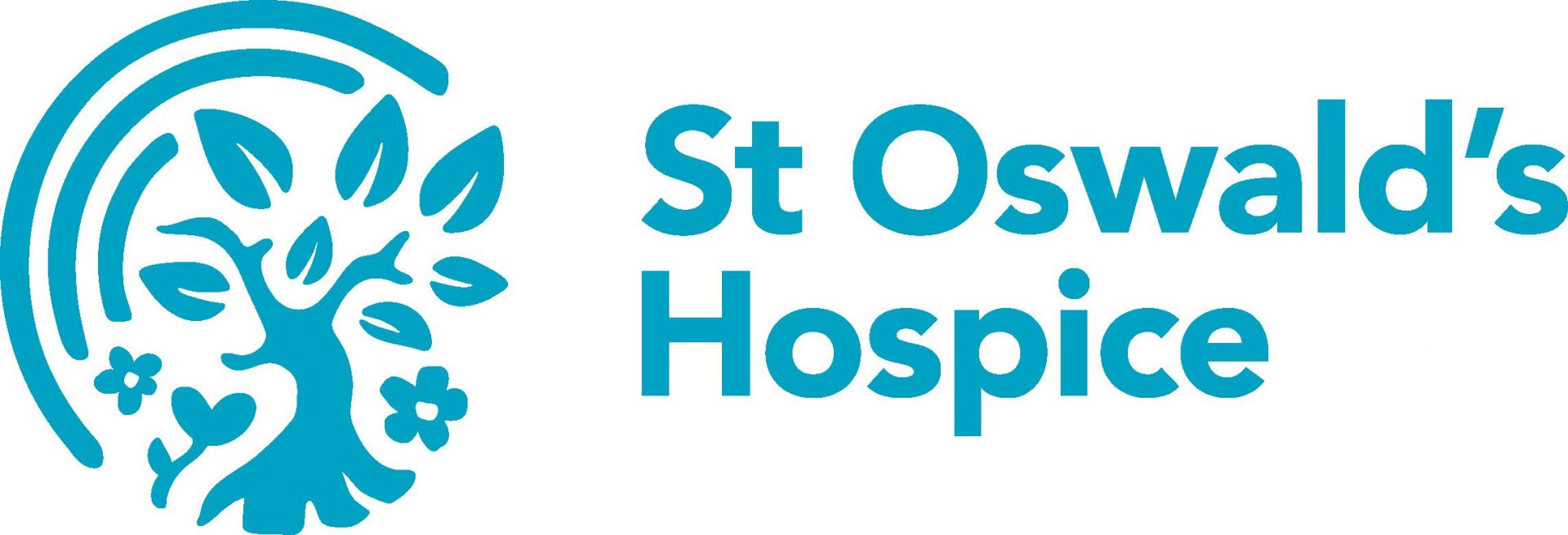Research project - Finding Lost Voices
Enhancing Communication with Children and Young Adults within a Hospice/Short Break Setting
Diane Nicholson, a Sister in our Children and Young Adults Service, has delivered a research project looking at ways Augmentative and Alternative Communication (AAC) techniques can enhance the care of children and young adults who are attending short breaks in a hospice setting.
Augmentative and Alternative Communications (AAC) are used with people with communication difficulties. Examples include Makaton, Intensive Interaction, Eye Gazer and Picture Exchange Communication System (PECS).
94% of children and young adults (CYA) arriving at St Oswald’s Hospice for short breaks present communication challenges, with most unable to communicate verbally.
Considering the rapid changes to CYA patient care needs over the last 20 years, this was seen as the ideal time to evaluate the use of AAC techniques at St Oswald’s Hospice.
Diane Nicholson – Sister, St Oswald’s Hospice Children and Young Adults Service.
Diane received mentorship and guidance by Sue Jackson – Associate Professor in Nursing, Midwifery and Health at Northumbria University.
This research was funded by the NIHR Applied Research Collaboration (ARC) North East and North Cumbria after Diane Nicholson was awarded a Practice Fellowship in 2022.
2023-2024
The aims of the project were:
- Locally – To investigate and establish an inclusive environment for communication between nurses/allied health professionals and children and young adults within a short break setting.
- Nationally – To establish, via an electronic survey, the AAC practice and attitudes across similar services in the country.
The objectives were:
- To understand what helps and hinders acquisition and utilisation of AAC skills.
- To understand the level of AAC skills development required and, nationally, to better understand how other similar services are approaching this area of practice.
- To determine what existing AAC skills and resources are in use.
Prior to the research taking place, a comprehensive literature review explored the latest information around AAC techniques and informed the most appropriate research methods to use in this project.
The research used a mixed method approach, which were conducted in 2 phases.
- Electronic survey shared with 24 hospices/short break settings across the UK that provide care to children and young adults.
- One to one interviews with nurses and allied healthcare professionals who work at St Oswald’s Hospice Children and Young Adults Service.
The Finding Lost Voices project indicated varying levels in nurses and care workers’ knowledge and use of AAC techniques.
It recommends training and supportive leadership could develop a positive culture where practitioners and children and young adults were comfortable communicating in ways that best suited them.
Getting to know the child was seen as critical to successfully communicating with non-verbal children and young adults.
The research recommended developing a national and local policy and procedure in conjunction with children and young people, parents and schools.
Diane is working closely with Northumbria University and plans to share her research experience and project findings with paediatric and learning disability student nurses.
Read the published report below.
Download the reportCheck out the Makaton song by St Oswald’s Hospice
